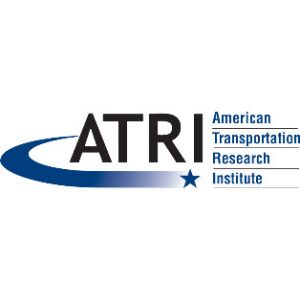ATRI recommends federal fuel tax increase
From Transport Topics The American Transportation Research Institute has determined that a federal fuel tax increase is the best option for achieving a large-scale infrastructure program. ATRI released its “Framework for Infrastructure Funding” on Nov. 8. The research found that other methods of generating revenue, such as mileage-based user fees and increased tolling systems, will…

From Transport Topics
The American Transportation Research Institute has determined that a federal fuel tax increase is the best option for achieving a large-scale infrastructure program.
ATRI released its “Framework for Infrastructure Funding” on Nov. 8. The research found that other methods of generating revenue, such as mileage-based user fees and increased tolling systems, will fall short of the funds needed to invest in transportation.
Repairing infrastructure was one of the pillars on which President Donald Trump built his campaign. The specifics of his $1 trillion infrastructure plan have yet to be revealed.
In addition to creating new federal funds, a federal fuel tax increase will also galvanize states to produce matching funds, ATRI found. ATRI’s study indicates that every state would experience significant employment gains with a 10-cent or 20-cent federal fuel tax increase. The report says a 20-cent fuel tax increase would yield nearly 500,000 new jobs, and states would bring in between $15 billion and $30 billion annually.
“Maybe the most important and unexpected benefit of a federal fuel tax increase is the hundreds of thousands of new, high-paying construction jobs that will be produced,” said Dennis Dellinger, president of Cargo Transporters. “We often assume that the only reason to raise the fuel tax is to lay more asphalt and concrete. Forgotten in the mix is that tax revenues can simultaneously produce good roads and good jobs.”
The federal fuel tax has not been increased in over 20 years. ATRI’s research cautions against the “do-nothing” approach because it can lead to significant costs for people who use the road. For example, although the trucking industry contributes $18 billion in federal user fees every year, increased congestion on the nation’s highways costs the industry more than $63 billion annually. ATRI’s report suggests that e-commerce will stagnate as freight deliveries fall short of consumer demands.
Read the full story on Transport Topics.
